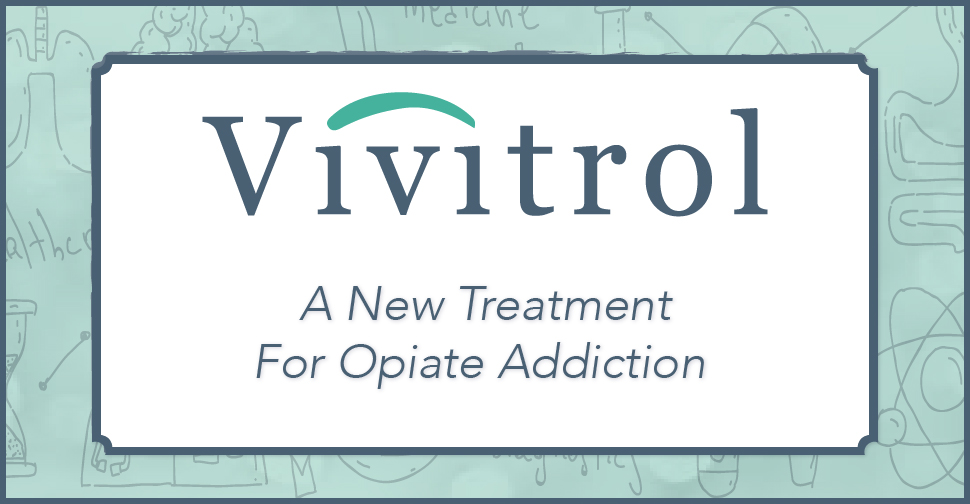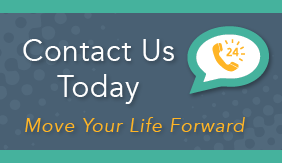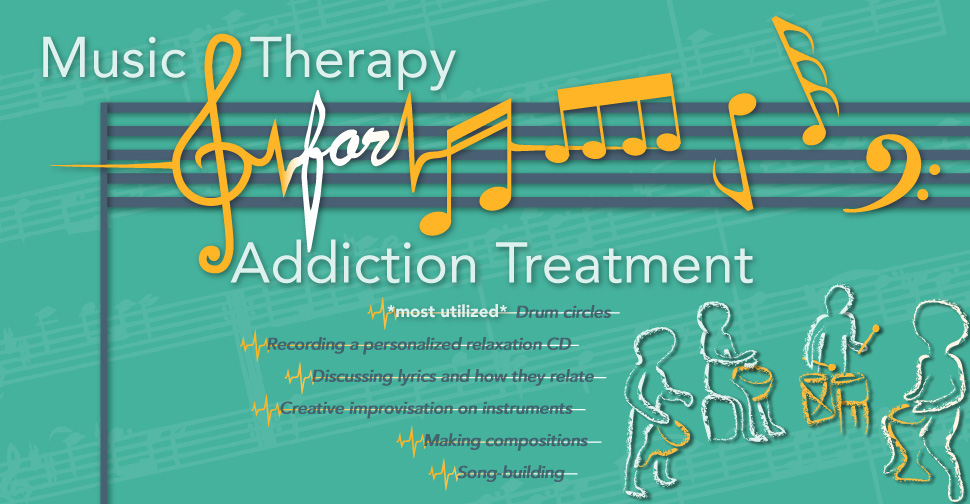
You’ve decided to seek help for your opiate addiction. Recognizing that you need help for your addiction is the first step towards recovery. Maybe you have researched rehabs or outpatient programs to help you get your life back but it seems overwhelming. It doesn’t have to be overwhelming. We’re here to help. You want to make sure that you receive the proper medical attention (physically and psychologically) for your addiction. And Vivitrol, a new treatment for opiate (and even alcohol) addiction, can help.
If you or someone you know has a current opiate or alcohol addiction, this new drug might be an option worth considering. Vivitrol may be especially effective for those who struggle with taking a pill every day to help keep them on track because this drug is not administered in pill form.
Vivitrol And The New Drug Revolution
Vivitrol is an injectable form of naltrexone. Naltrexone was developed in the 1970s in pill form to treat addiction, but it did not receive much attention until now. Scientists recently made the drug into an injectable form and found that it is very effective in treating opioid or alcohol addictions. Doctors and scientists are excited about this new form of the drug because it is administered through monitored injections. This is the first drug of its kind to be injected once monthly. It is also unique because taking Vivitrol is non-habit forming and stopping treatment does not lead to withdrawal symptoms. It’s a new revolution in treating opioid and alcohol addictions. It is a prescription drug that is used to not only treat alcohol dependence, but it is also administered after an opioid detox to help prevent relapse. If you are addicted to opioids or alcohol, you must stop drinking alcohol and/or stop taking opioids before starting Vivitrol.
Vivitrol And Counseling
While Vivitrol will help individuals struggling to stay sober, it is not to be used as the only method of treatment. Before a patient can use Vivitrol, they must enter a facility first and receive a detoxification treatment. Individuals struggling with an opiate or alcohol addiction must be alcohol and/or opioid free for at least 7 to 14 days before taking Vivitrol. This includes not using the following: street drugs, prescription medications, opioid dependence treatments, buprenorphine, methadone, or medications for cough, cold, or diarrhea. If you use opioids during the 7 to 14 days before Vivitrol, it can lead to disastrous withdrawal symptoms. These sudden withdrawal symptoms are extremely serious and could lead to hospitalization. Clearing your body of opioids and alcohol before treatment is for your safety.
After the patient is free of alcohol and opioids, they can then be administered a Vivitrol treatment by a doctor or qualified medical professional. In some cases, the doctor may decide that the patient may not need a complete detox program. If this is determined, the doctor can administer Vivitrol in a medical facility that can treat sudden withdrawal symptoms if they do occur. Remember that each case is unique and talk with your doctor to discuss what your individual plan will be. Many patients will enter a detoxification treatment.
When the patient has received detoxification treatment and Vivitrol, they must also receive some form of counseling. Vivitrol is not meant to be taken without counseling. An alcohol or opioid addiction is a chronic and relapsing mental disease. Vivitrol works on the physical side of things and will block the pleasurable feelings you had while using opioids and alcohol. However, receiving counseling will focus on your psychological aspects of the addiction. Receiving counseling is very important to your success. Vivitrol (naltrexone) will assist you one month at a time. If a patient suddenly stops using the drug and has not developed coping techniques through a counselor, they run the risk of relapse. Talking with a counselor about underlying problems and learning coping mechanisms along with taking Vivitrol will lead to the highest rates of success.
Vivitrol And Serious Side Effects: What You Need To Know
Taking Vivitrol does not necessarily mean that recovery will be easy. Some have found that they still struggle with cravings. This is why counseling is crucial to your success. Vivitrol may also cause side effects. If you are currently taking or plan to take Vivitrol, be aware of the potential side effects at the injection site. If you experience any of the following side effects at the injection site, call your doctor immediately. Severe reactions could cause tissue death. Injection site reactions could include: swelling, the injection site feeling hard, blisters, extreme pain, open wounds, lumps, or a dark scab.
Perhaps one of the most important things to consider before taking Vivitrol is that the drug could cause severe side effects. There is a huge risk of opioid overdose. Even if a patient tries to use a small dose of an opioid or a dose similar to before treatment, it can lead to accidental overdose, coma, serious injury, or death. While taking Vivitrol, remember that you may be even more sensitive to doses of opioids after detox, when receiving your next injection, missing a dose of Vivitrol, or even stopping the medication. Even a dose that your body was used to before treatment could lead to serious side effects once taking Vivitrol. Seek immediate medical attention if you experience difficulty in breathing, become extremely drowsy, have slowed and/or shallow breathing, feel faint or dizzy, have confusion, or have other abnormal symptoms.
Vivitrol And Cost
Vivitrol is one of the most expensive treatment options out there right now. Each month you will visit a doctor and they will administer Vivitrol to you. Each injection costs around $1,000 per month. Vivitrol is a non-habit forming and non-controlled opioid blocker, but it must be prescribed by a doctor. If you are concerned about the cost of the treatment, there are options out there that might be able to help. Visit vivitrol.com and click on the “save on Vivitrol” button in the top right hand corner of the screen. It will lead you to a screen to discuss their co-pay savings program and how it might work for you.
Vivitrol And You
 If you have tried other opioid or alcohol treatment options, it may be time to try Vivitrol. Talk to your doctor to see if taking Vivitrol is right for you. Remember that you will also need to have other standard treatments such as counseling along with taking Vivitrol. If you have questions about this topic or are seeking help with your opioid or alcohol addiction, we are here to help. Contact us at DrugRehab.org today.
If you have tried other opioid or alcohol treatment options, it may be time to try Vivitrol. Talk to your doctor to see if taking Vivitrol is right for you. Remember that you will also need to have other standard treatments such as counseling along with taking Vivitrol. If you have questions about this topic or are seeking help with your opioid or alcohol addiction, we are here to help. Contact us at DrugRehab.org today.



